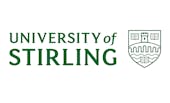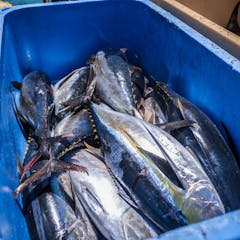
University of Stirling

The University of Stirling is committed to providing education with a purpose and carrying out research which has a positive impact on communities across the globe – addressing real issues, providing solutions and helping to shape society. Stirling is 4th in Scotland and 43rd in the UK for research impact, with 87% of its research having an outstanding or very considerable impact on society – and more than 80% rated either world leading or internationally excellent (Research Excellence Framework 2021). Interdisciplinary in its approach, Stirling’s research informs its teaching curriculum and facilitates opportunities for knowledge exchange and collaboration between staff, students, industry partners and the wider community.
The University of Stirling is ranked among the top 30 UK universities for student satisfaction (National Student Survey) and top 10 in the UK for postgraduate student experience (Postgraduate Taught Experience Survey), and has an overall five-star rating in the QS Stars University Ratings.
More than 17,000 students study with the University of Stirling globally, with over 135 nationalities represented on its scenic central Scotland campus alone. The campus – also home to 1,700 staff – has its own loch and castle, and a recent multi-million-pound redevelopment has delivered modern, flexible, and digitally connected study and social spaces at the heart of campus, including enhanced student support and retail and catering outlets.
The University has twice been recognised with a Queen’s Anniversary Prize – the first for its Institute for Social Marketing and Health (2014) and the second for its Institute of Aquaculture (2019). Stirling is Scotland’s University for Sporting Excellence and its recently redeveloped world-class facilities provide the perfect training environment for the University’s sports scholars – many of whom compete at the highest level, including at the Olympics and Commonwealth Games – and for students, staff, and the wider community.
As a signatory to the £214 million Stirling and Clackmannanshire City Region Deal, the University is driving productivity and inclusive growth across the Forth Valley, and beyond. Through pioneering collaborative solutions to global challenges, researchers are putting innovation, skills, and partnership at the heart of a sustainable economic recovery.
www.stir.ac.uk @stiruni
Links
Displaying 1 - 20 of 617 articles




















